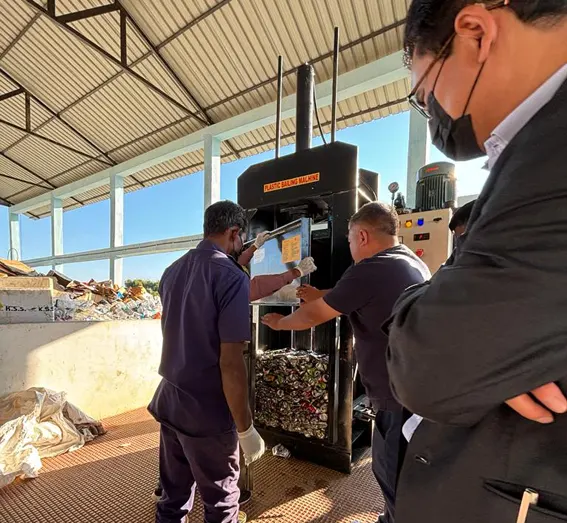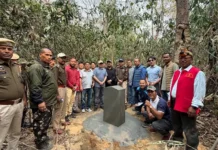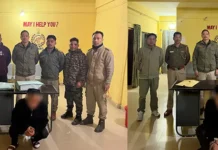NAMSAI, 22 Dec: A zonal workshop on Swachh Bharat Mission (Urban) 2.0, themed ‘Reduce Reuse Recycle’, was organised by the urban local body’s (ULB) directorate, in collaboration with the urban development & housing (UD&H) department, here on Friday.
The workshop, which was attended by 12 deputy commissioners (DC) and UD executive engineers of the eastern zone, showcased exemplary waste management practices and innovative ‘waste-to-wealth’ and ‘waste-to-wonders’ initiatives for Lohit and Namsai districts. The details were presented by Lohit DC Shasvat Saurabh and Namsai DC CR Khampa as models for other ULBs to emulate.
The session also included discussions on effective solid waste management in urban areas. Additionally, the workshop served as a platform for raising awareness about three solid waste management bylaws – the Arunachal Pradesh Solid Waste (Management & Handling) Bylaws, the Arunachal Pradesh Plastic Waste Management Bylaws, and the Arunachal Pradesh Construction & Demolition Waste Management Byelaws, 2023 – which were approved by the state cabinet recently.
The workshop was aimed at educating the enforcement authorities at the district level, in order to foster behavioural change in the public for effective solid waste management.
Urban Affairs Commissioner Pawan Kumar Sain urged the DCs to “rigorously sensitise the public to the provisions of the bylaws and thereafter enforce them for better solid waste management.”
He emphasised the importance of imposing garbage fees and penalties on violators, and “using these funds to enhance garbage management in the urban areas.”
ULB Director Hano Takka highlighted the success of the Swachh Bharat Mission since its inception in 2014. The mission’s three primary goals are to achieve 100 per cent open defecation-free status, 100 percent scientific solid waste management, and a shift in public behaviour through a mass movement.
Takka informed also that “the timeline of Swachh Bharat Mission (Urban) 2.0 has been extended till 1 October, 2026.”
A key feature of the workshop was a case study presentation on the Ambikapur (Chhattisgarh) model of solid waste management by an expert.
It may be mentioned here that Ambikapur in Chhattisgarh is a leading example in waste management in the country, which also empowers women’s SHGs in terms of sustainable development.
Later, the participants were taken on field visits to the material recovery facilities in Namsai and the MRP and ‘waste-to-wonder’ park in Tezu.



